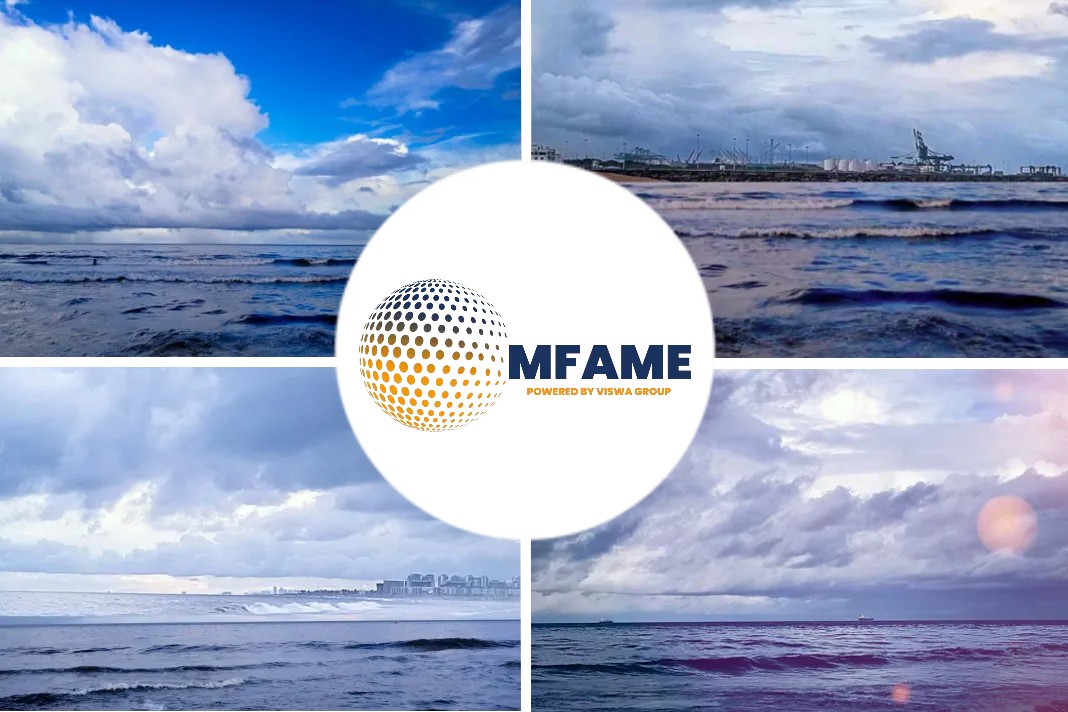- Some of the bunker quality problems anticipated before the IMO 2020 transition may now come to pass as oil prices surge this year.
- The collapse in demand for jet fuel and for road fuels caused by COVID-19 meant that some of these could have made their way into the marine fuel blending pool.
Bunker fuel quality problems may become more common this year as demand recovers for other transport fuels, writes George Collard for Argus Media quoting the trading firm KPI OceanConnect.
Dominant bunker fuel
Ahead of the start of 2020 and the shift to 0.50% sulfur products becoming the dominant bunker fuel, many industry voices suggested the high price and unspecific definition of VLSFO would lead to some suppliers coming up with poor-quality blends that might bring about engine trouble for shipowners.
Last year’s oil-price crash largely put paid to that idea, with much lower prices and low demand across the barrel leading to different financial incentives. But with crude rallying again this year, the bunker industry may need to return to some of the concerns it had before 2020, according to KPI OceanConnect CEO Søren Høll.
“It’s becoming increasingly important for the industry to prepare for some of the risks highlighted back in 2019, which may surface in the coming months,” Høll said in a LinkedIn post. “There will be consequences if oil prices climb.”
Fewer quality issues
The return of demand to the trucking and aviation industries will put new pressures on the middle distillates market, and it is this dynamic that may result in quality problems for marine fuels.
“There have been fewer quality issues than many analysts predicted, but this may have been partly masked by the pandemic and the depressed oil price,” Høll said.
He added, “As we saw in early 2018 from ships bunkering in Houston, these fuels might be ISO 8217 compliant, but they can still cause mechanical and safety issues.”
The bunker industry faced a global contamination crisis in 2018 as quality problems first observed in the US Gulf were exported to marine fuel hubs around the world.
Did you subscribe to our daily newsletter?
It’s Free! Click here to Subscribe!
Source: Argus Media

























